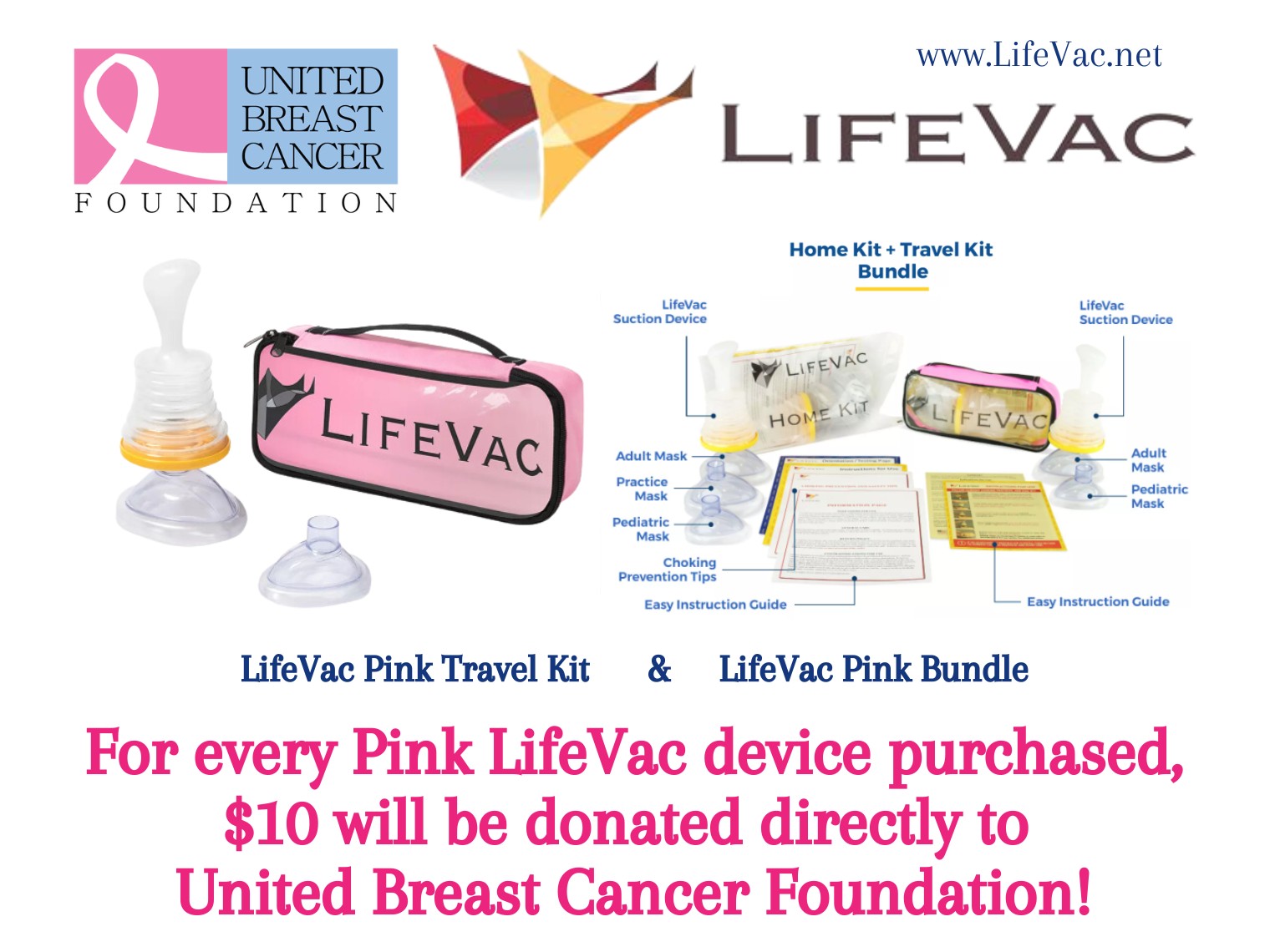Whether it be from personal relationships, economic hardship, or pressure from work, everyone feels stressed out at some point in his or her life.
Often, we don’t consider the effects this has on our bodies physically. Headaches, muscle pains and tension, chest pain, fatigue, upset stomach and sleep problems are common, but I’m sure you knew that. You probably also know that when you’re stressed you tend to either over eat or under eat, experience outbursts, drink and smoke or feel intense anxiety. But did you know that stress can also weaken your immune system or hurt your memory? According to Liberty Voice, research at UC Berkeley has revealed that chronic stress could lead to serious mental issues such as depression, bipolar disorder, obsessive compulsive disorder or schizophrenia.
Not to stress you out…
As defined by the American Psychological Association, there are three different types of stress: acute stress, episodic acute stress and chronic stress. Acute stress is the most common. It is normally short term and in small doses can be exciting to experience. However, like most things, too much short term stress can cause a lot of grief in your life. Symptoms of acute stress include tension in your back or jaw, a headache, anger, depression, anxiety, bowel and stomach problems, elevated blood pressure, fast heartbeat, sweating, and cold hands and feet. Acute stress is nothing too serious and is easily managed by people every day.
People that suffer from acute stress all the time can be classified as experiencing episodic acute stress. These are the people that seem hostile, abrupt and irritable because they constantly feel so much tension. “Type A” personalities go hand in hand with episodic acute stress. Always feeling urgency and worry becomes a part of their everyday life. Usually, people that suffer from episodic acute stress won’t even realize their level of stress because it is so engrained into who they are. This type of stress makes these people hard to socialize with if they’re constantly snapping at others for moving at a slower pace. It can deteriorate relationships if the other person is more “type B” Unfortunately, sufferers are more likely to develop coronary heart disease.
Chronic Stress is the most serious and most damaging of the three types. Chronic stress can happen to you if you feel trapped in a bad or hopeless situation. Examples include an unhappy marriage, working at a job you dislike, poverty, or other long-term situations. Because of the serious nature of their situations, those that suffer from chronic stress see no light at the end of the tunnel, no solution to the problem. Other times, childhood issues can cause chronic stress to manifest itself inside a person, manipulating their personality and growing as the child grows up. Chronic stress is dangerous because people assimilate to the feeling. With acute stress, it can be managed when it crops up. When you’re experiencing chronic stress, you won’t even realize any change can be made. According to the American Psychological Association, chronic stress can cause severe depression and result in suicide, violence, heart attack, stroke and possibly cancer. Chronic stress will often require medical/behavioral treatment and stress management.
If you suffer from any of the above (which an estimated 75% of Americans do), there are simple fixes that can help. I’m sure you’ve heard ‘take a deep breath’ and ‘count to ten’ a million times but I’ve never found these very effective. Personally, I feel most of my stress from school and other time commitments. I went to a boarding school where every minute of my day was rigidly planned out ahead of time. On a given day of the week, I would have no more than thirty minutes free. What I would do was write down everything I had on my mind. Once it was written down, I wouldn’t have to stress out about remembering what I had to stress out about. I would take a look at it, see what I could eliminate or minimize and end up with a short list of the most important three or four things I could complete that day.
I recently came across an article written on The Positivity Blog by Henrik Edberg titled ’33 Tips that Work’. I believe these tips are useful and following them will lead to a more relaxed and healthy life. For the full list visit his article, but I’ve included my top ten tips that I know from experience have worked for me. He recommends unconventional remedies to anxiety associated with harmful stress response, the most effective being kava.
10 Tips to Reduce Harmful Stress:
1. One thing at a time.
You’ll feel better and less stressed if you just do one thing at a time. No matter if it is at work, in school or in your private life. This will make it easier to focus and to do a job of higher quality right away instead of having to go back several times and polish and rearrange to get the result you want. If you have to multi-task a few things during your day then set off some time for that. Single-task during most of your day but set off an hour in the afternoon for instance to do all of that multi-tasking stuff in one big swoop.
2. Write everything down.
If your memory is anything like mine then it might be a bit like a leaky bucket too often. So write everything down. Your ideas, tasks and stuff you just have to remember. Then you don’t have to worry about forgetting. And you will free up your mind for focusing on other things than remembering.
3. Keep your daily to-do list very short.
10 years ago I never used a to-do list. I got very little done. Then I started using a too overloaded to-do list. I got more done but I was stressed and felt overwhelmed a lot of the time. Today I use a very short daily list of just the 1-3 most important tasks. It works really well.
4. Pack your bag before you go to sleep.
A simple one but one that can save you a lot of stress in the morning. Take 5 minutes before you go to bed to do this and you’ll also be less likely to forget something important like your appointment book, wallet or phone.
5. Balance fully focused work with complete rest.
I usually work for 45 minutes. Then I take a 15 minute break away from the computer. I eat a snack, take a short walk or maybe watch half an episode of one of my favorite TV-series. This helps me to relax and to avoid stress building up during the day.
6. Eliminate.
Do you even have to do everything that is on your schedule? What things could you stop doing altogether with no or very small consequences? What things are your heart maybe not in like it used to be? Could you say no to one or a few of those things to have more time and energy for what matters in both your professional and private life? Reevaluate what you usually do in a day or week and see if there is something you would like to stop doing.
7. Keep a very simple workspace.
Mine is for example a simple and small black desk with my laptop on it. A few flowers. And a glass of water. This simplicity makes it easier for me to focus on what truly matters in a relaxed and undistracted way.
8. Everything in its place.
When things have their own home where you always put them back then they will be a lot easier to find and your workspace and home will be in better order. This will greatly reduce the number of stressful times when you can’t find an important report or your car keys as you are heading out the door.
9. Zoom out.
One thing that helps me as I sometimes fall into victim thinking when I am stressed is to zoom out on my narrow perspective by asking myself this question: Is there anyone on the planet having it worse than me right now?
10. Tell yourself: Just take care of today.
Focus only on that. Forget about all those tomorrows. And about all your yesterdays. Go small, narrow your focus greatly and just take care of today. Then you can take care of tomorrow when it comes. This one is very helpful when you feel overwhelmed.
If you’re feeling tense recently, try some of these tips. Sometimes it’s the little things that make a big difference. If you’ve been feeling sick, consider the fact that it might be from stress. Following these tips and focusing on distressing yourself will make you more productive, healthier and happier.
Sources:
http://www.cnn.com/2014/06/17/health/memory-stress-link/
http://guardianlv.com/2014/06/stress-practicing-coping-techniques/
http://gulfnews.com/life-style/health/can-stress-really-make-us-sick-1.1347806
http://www.positivityblog.com/index.php/2014/03/12/how-to-deal-with-stress/
http://www.mayoclinic.org/healthy-living/stress-management/in-depth/stress-symptoms/art-20050987
http://www.apa.org/helpcenter/stress-kinds.aspx
http://www.ourstressfullives.com/stress-statistics.html









